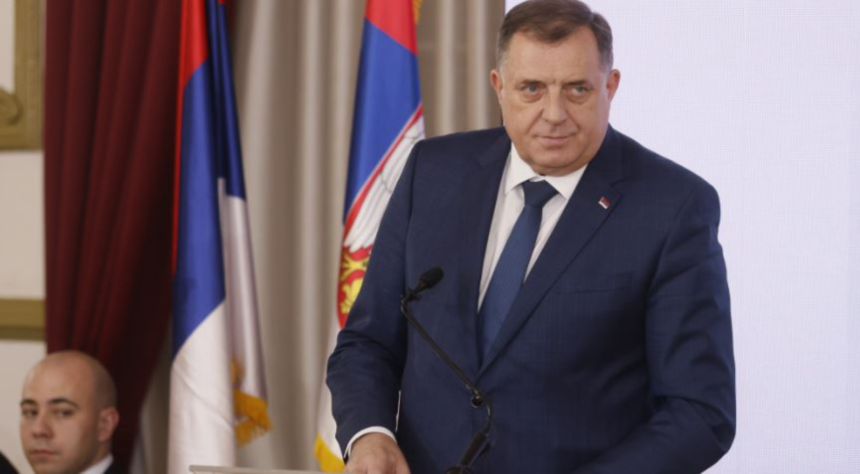Milorad Dodik, once hailed as a reformer striving to lead Republika Srpska towards a European future, has transformed into one of the most controversial and feared political figures in the Western Balkans. From a respected politician in the 1990s to a leader under international sanctions, his journey has been marked by dramatic shifts in ideology and policy.
Born in 1959 in a farming family near Banja Luka, Dodik initially made a name for himself as a politician advocating for ethnic coexistence and a unified Bosnia and Herzegovina (BiH). This earned him a reputation among Bosnian Serbs as a traitor. However, his early calls for a multiethnic Bosnia and support for the prosecution of war criminals like Radovan Karadžić and Ratko Mladić garnered him respect internationally, especially from Western powers.
Dodik’s early years in power saw him as a pragmatist and a reformer, with substantial support from the West. In the late 1990s, he became the Prime Minister of Republika Srpska (RS) with the backing of Western nations. His role in promoting stability and economic development in RS was praised, with former U.S. Secretary of State Madeleine Albright calling him a “pure spirit” and a key partner for peace in the region.
However, by the mid-2000s, Dodik’s political trajectory shifted dramatically. After consolidating power, he began advocating for the secession of Republika Srpska from Bosnia, a stance that clashed with both the Bosnian central government and the international community. This turn towards nationalism and independence culminated in a controversial referendum for RS independence in 2016, which was deemed illegal by the Bosnian Constitutional Court but solidified his grip on power.
Dodik’s increasing authoritarianism and nationalist rhetoric have alienated much of the international community. His closer ties with countries critical of the European Union, such as Russia and Serbia, further distanced him from the West, culminating in sanctions from the U.S. and the U.K. He continues to push for Republika Srpska’s secession, further destabilizing an already fragile Bosnia.
In 2023, Dodik openly defied the central government of Bosnia and the international community, signing laws that rejected decisions from Bosnia’s Constitutional Court and the Office of the High Representative. His actions led to a conviction in February 2025 for undermining the country’s constitutional order, though the sentence has not yet been fully enforced.
From being a reformist figure admired in the West to a nationalist provocateur, Dodik’s evolution reflects the broader political and ethnic tensions in the Balkans, where historical grievances continue to shape modern political landscapes.







